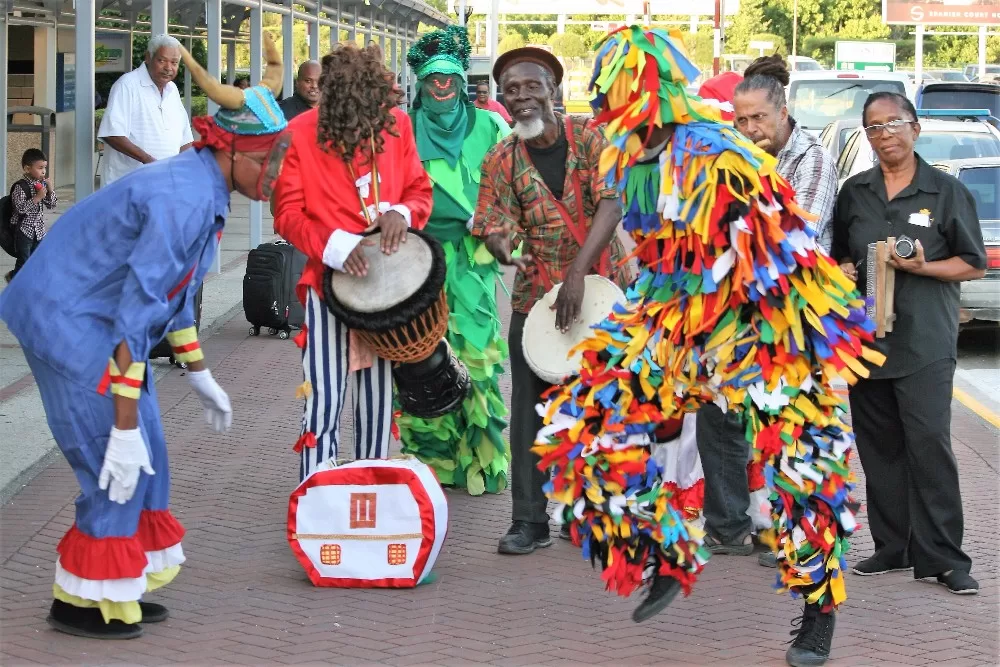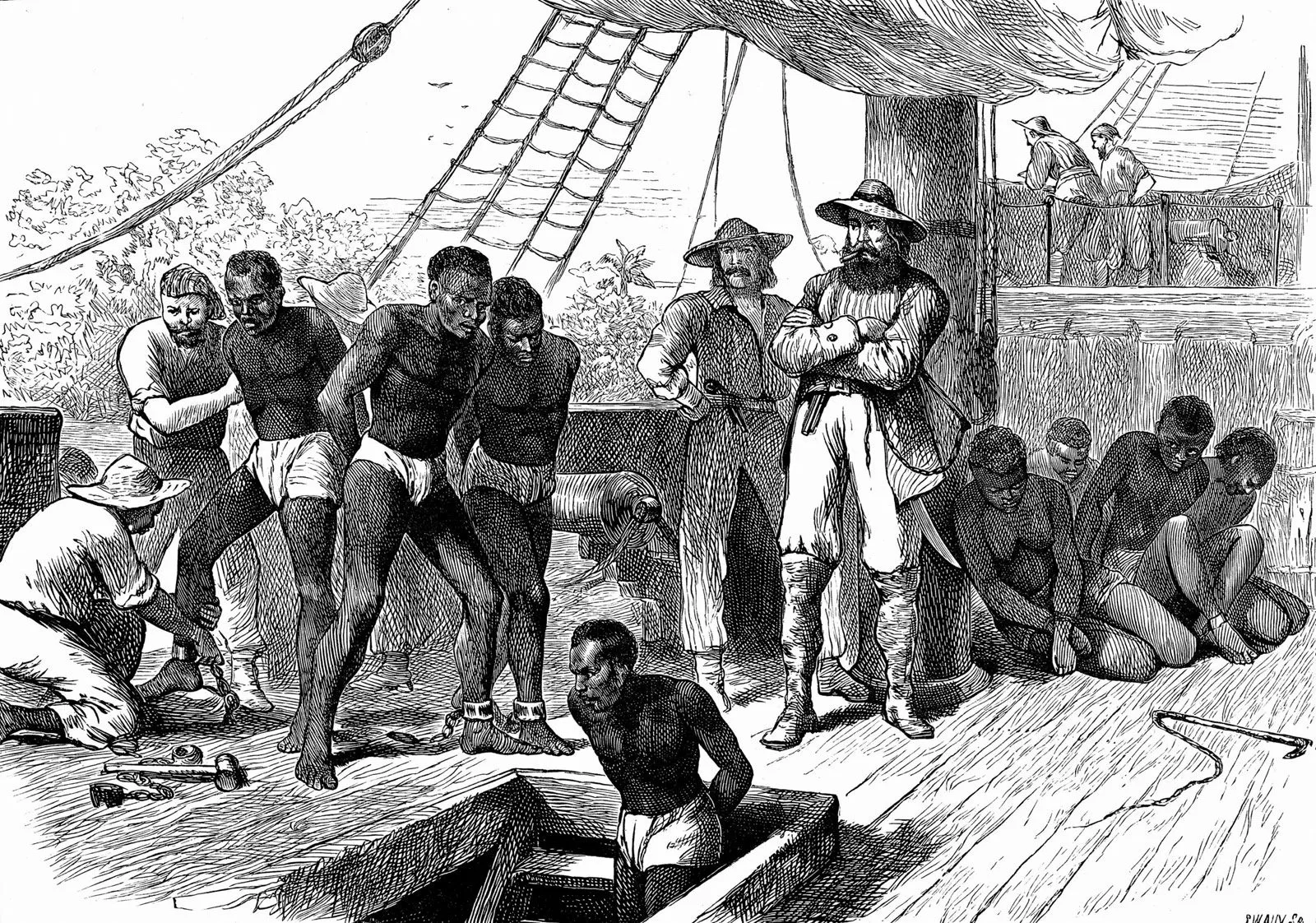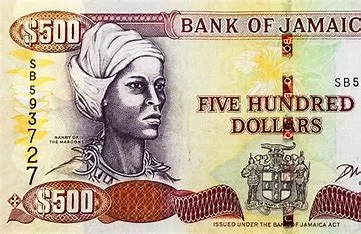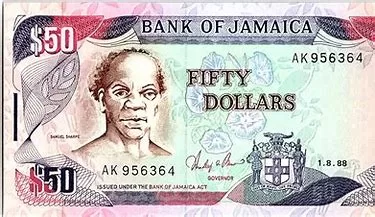Jamaica, with its vibrant culture and diverse population, holds an interesting history intricately linked with the Igbo people of Nigeria. The story of the Igbo people in Jamaica is one of resilience, strength, and cultural preservation that has left an indelible mark on Jamaican society. In this blog, we will embark on a journey through time to explore the fascinating history of the Igbo people in Jamaica.
The forced migration of the Igbo during the transatlantic slave trade via the Bight of Biafra forms the backdrop for their presence in Jamaica. From the 16th to the 19th century, millions of Africans were captured and transported across the treacherous Atlantic Ocean as enslaved individuals. Among them were the Igbo people, who were sought after by European slave traders for their intelligence, hard work, and adaptability.

From Igbo Heritage to Caribbean Celebration: Junkanoo Festival Pays Homage to Okonko Masquerade
The legacy and contributions of the Igbo in Jamaica are profound. Their agricultural expertise, particularly in farming crops such as yams and okra, significantly influenced the island’s agricultural practices. Moreover, the Igbo’s strong belief in education and personal development shaped the aspirations of future generations, fostering a culture of knowledge-seeking and academic excellence among Jamaicans.
In addition to their tangible contributions, the Igbo have also left an enduring cultural influence on Jamaican society. Elements of Igbo language, folklore, music, dance, and even food can be seen adopted in the Jamaican culture. This cultural exchange highlights the resilience and adaptability of the Igbo people and the dynamic nature of Jamaican identity.
1. The Transatlantic Slave Trade and Igbo Enslavement:
The Transatlantic Slave Trade was a tragic and brutal period in history that involved the forced migration of millions of Africans across the Atlantic Ocean to be enslaved in the Americas. One region heavily affected by this trade was the Bight of Biafra, located along the eastern coast of present-day Nigeria.
In the Bight of Biafra, the Igbo people were among the ethnic groups who were targeted and subjected to enslavement. The Igbo had well-established societies with advanced political and economic systems before the arrival of European slave traders. However, the onset of the transatlantic slave trade brought significant upheaval to their communities.
The Igbo were highly sought after by European slave traders due to their strong work ethic, intelligence, and resilience. Captured by African intermediaries and then sold to European slave merchants, Igbo captives endured a harrowing journey known as the Middle Passage across the Atlantic Ocean to destinations such as Jamaica.

Navigating History: The Transatlantic Slave Trade and the Igbo People through Middle Passage
Upon arrival in Jamaica, the Igbo, like other enslaved Africans, were subjected to harsh labor on plantations, primarily working in sugar, coffee, and tobacco fields. They endured back-breaking labor, inhumane living conditions, and severe punishments. However, despite the oppressive environment, the Igbo people managed to maintain elements of their cultural heritage, drawing strength from their ancestral traditions.
2. Retaining Identity through Language and Customs:
Read Also:
3. Maroon Communities and Igbo Resistance:
Jamaica’s mountainous regions provided a refuge for escaped slaves known as Maroons. Interestingly, many of these Maroon communities, such as Accompong and Moore Town, have strong Igbo ancestral connections. These communities provided a refuge for those who managed to escape captivity, seeking freedom and autonomy away from the plantations.
The Igbo were known for their fierce resistance against enslavement, and their cultural practices and traditions played a significant role in the formation and sustenance of these Maroon communities.
One of the most notable figures associated with Igbo resistance in Jamaica is Nanny of the Maroons. She was an important leader and spiritual figure within the Maroon community, also known as Queen Nanny or Granny Nanny. It is believed that she was of Igbo descent, and is still revered as a symbol of bravery and resistance. Another prominent figure in Jamaican history is Samuel Sharpe, also known as Sam Sharpe. He was an enslaved Jamaican who played a key role in the extensive 1831-32 Baptist War slave rebellion, also known as the Christmas Rebellion, in Jamaica. It is speculated that he had Igbo ancestry. Notably, Nanny of the Maroons is featured on the front of the Jamaican 500 Dollars banknote and Samuel Sharpe on the $50 note.

The Queen of the Mountains: Nanny of the Maroons Depicted on the Jamaican 500 Dollars Note
Legends surrounding Nanny portray her as a strategic and fearless warrior who possesses charismatic leadership qualities. It is said that she used her knowledge of the Jamaican terrain, herbal medicine, and traditional Igbo practices to outwit and evade British forces sent to capture and re-enslave the Maroons.
Today, the Maroons in Jamaica continue to celebrate and honor their Igbo heritage through annual festivals, rituals, and cultural practices. Accompong and Moore Town, among others, stand as living testaments to the strength and resilience of the Igbo people and their important role in the struggle for freedom and autonomy in Jamaica.
Read More:
Igbo-Jamaican Connections Today:
The connections between Igbo communities in Nigeria and Jamaican descendants of Igbo slaves continue to thrive today. Efforts towards cultural exchange, language preservation, and heritage tourism have played a significant role in fostering a stronger bond between these two distinct but interconnected cultures.
One area of ongoing connection is cultural exchange. Jamaicans of Igbo descent have shown a deep interest in reconnecting with their ancestral roots and learning more about Igbo culture. This has led to exchanges between Jamaican communities and Igbo communities in Nigeria, where individuals from both sides come together to share knowledge, traditions, and experiences.
Cultural exchange programs often involve workshops, lectures, performances, and exhibitions that allow Jamaican descendants to learn about Igbo language, music, dance, cuisine, and other cultural practices. Similarly, Igbo communities in Nigeria have the opportunity to learn more about the history and experiences of their Jamaican counterparts.
Beyond cultural exchange and language preservation, heritage tourism has emerged as a means of fostering a stronger connection between Igbo communities in Nigeria and Jamaican descendants. Many Jamaicans with Igbo ancestry travel to Nigeria to explore their roots and experience firsthand the land and customs of their ancestors.
Heritage tourism initiatives include visits to historical sites, cultural festivals, and interactions with local Igbo communities. These experiences provide Jamaican descendants with a deeper understanding of their heritage while also contributing to the economic development of Igbo communities in Nigeria.
The history of the Igbo people in Jamaica represents a remarkable tale of resilience, survival, and cultural preservation. By tracing their journey from the shores of West Africa to the plantations of Jamaica, we can better appreciate the profound impact the Igbo community has had on Jamaican society. Through this exploration, we celebrate the enduring spirit and contributions of the Igbo people, recognizing their integral role in shaping Jamaica’s unique cultural mosaic.
Post Disclaimer
The opinions, beliefs and viewpoints expressed by the author and forum participants on this website do not necessarily reflect the opinions, beliefs and viewpoints of Anaedo Online or official policies of the Anaedo Online.


